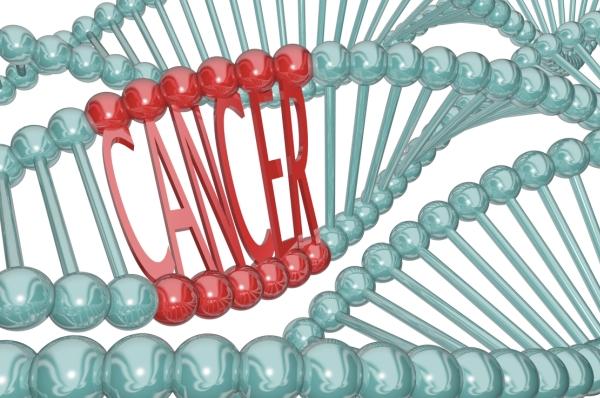Cancer Drug Helps Patient Despite Faltering in Trials

A cancer drug that isn't passing muster in clinical trials may still be the answer for some patients, a new study says.
Researchers at Memorial Sloan-Kettering Cancer Center were investigating everolimus, a drug approved for several cancers, in a phase II clinical trial for patients with advanced bladder cancer. While the drug was not meeting the researchers' goals overall, one patient was having tremendous success — she has now been in remission for two and a half years.
The findings also show a practical way for genetic screening to make a difference in personalizing cancer treatments, the researchers said.
Upon sequencing the genome of this patient's cancer, researchers found two genetic changes — a mutated version of one gene, and a second gene that was missing some of its information — that explained the drug's success, and also pointed to an explanation for why four other patients in the trial saw a bit of improvement from the same drug, while nine others didn't seem to benefit.
The study shows that while a drug may have been unsuccessful overall, it may point to a change in direction for how treatments are chosen for individual patients.
A case "where you have rare responses to these drugs brings up the question of whether we should be doing better screening," to determine which patients may be more likely to respond to a drug, said study researcher Barry Taylor, now a bioinformatics researcher at the University of California, San Francisco.
The findings suggest that some of the variability in patients' responses is due to hidden biomarkers, Taylor said. Such markers "may indicate sensitivity or resistance to the drug, and help us better select patients," he said.
Get the world’s most fascinating discoveries delivered straight to your inbox.
Genes, drugs and cancer
The bladder cancer patient's case is not the first time that DNA sequencing of a cancer has explained one patient's "outlier" response. But getting the full DNA sequence for an individual's cancer remains expensive, so these cases are still relatively rare, and generally involve patients with access to sequencing.
"I would say all of these cases are still quite cutting edge," said Malachi Griffith, a bioinformatics researcher at Washington University in St. Louis. "It's controversial whether this approach is ready to be used in real live patients, because we're still learning how to go."
Griffith was part of a research team profiled in the New York Times last month for their work with a colleague who sequenced the genes of his leukemia and has, so far, treated it successfully with a kidney cancer drug.
A goal of sequencing research is to find a few mutations in one patient that could lead to treatment success for many others with the same mutations, but that may be hoping for too much.
"It looks like they got fairly lucky here, because it' s not a huge number [of patients] we're talking about," Griffith said, of finding the genes in several of the bladder cancer patients in the trial.
The future of gene sequencing in cancer
While optimistic about the idea of individualized cancer treatments, Griffith said that in the years to come, full sequencing, and the expense it entails, may remain the only option for finding explanations for outlier responses. And even once they are uncovered, such genetic explanations for one patient's response may not always help other patients.
"In all likelihood, we will find mutations that really, genuinely are — if not unique to that patient — then really, really rare," he said.
The cases where gene sequencing have helped show that cancers may be classified to some degree based on genes, rather than purely on the site of the body in which they occur.
"We do know, however, that the same mutation does not always have the same predictive value in different cancers," said study researcher Dr. David Solit, an oncologist at Memorial Sloan-Kettering.
For example, Solit said, melanoma patients with a mutation in a gene called BRAF are responsive to a certain drug, but colorectal cancer patients with that same mutation do not have a strong response.
Still, some genetic analysis is becoming standard in helping to choose treatments, he said. Patients with lung cancer at his hospital are routinely screened for certain mutations.
"In my opinion, the extent of genomic studies will quickly increase over the next years as the technology becomes less expensive, and as further evidence becomes available that such testing can improve outcomes," Solit said.
The new study was published today (Aug. 23) in the journal Science.
This story was provided by MyHealthNewsDaily, a sister site to LiveScience. Follow MyHealthNewsDaily on Twitter @MyHealth_MHND. We're also on Facebook & Google+.
 Live Science Plus
Live Science Plus






